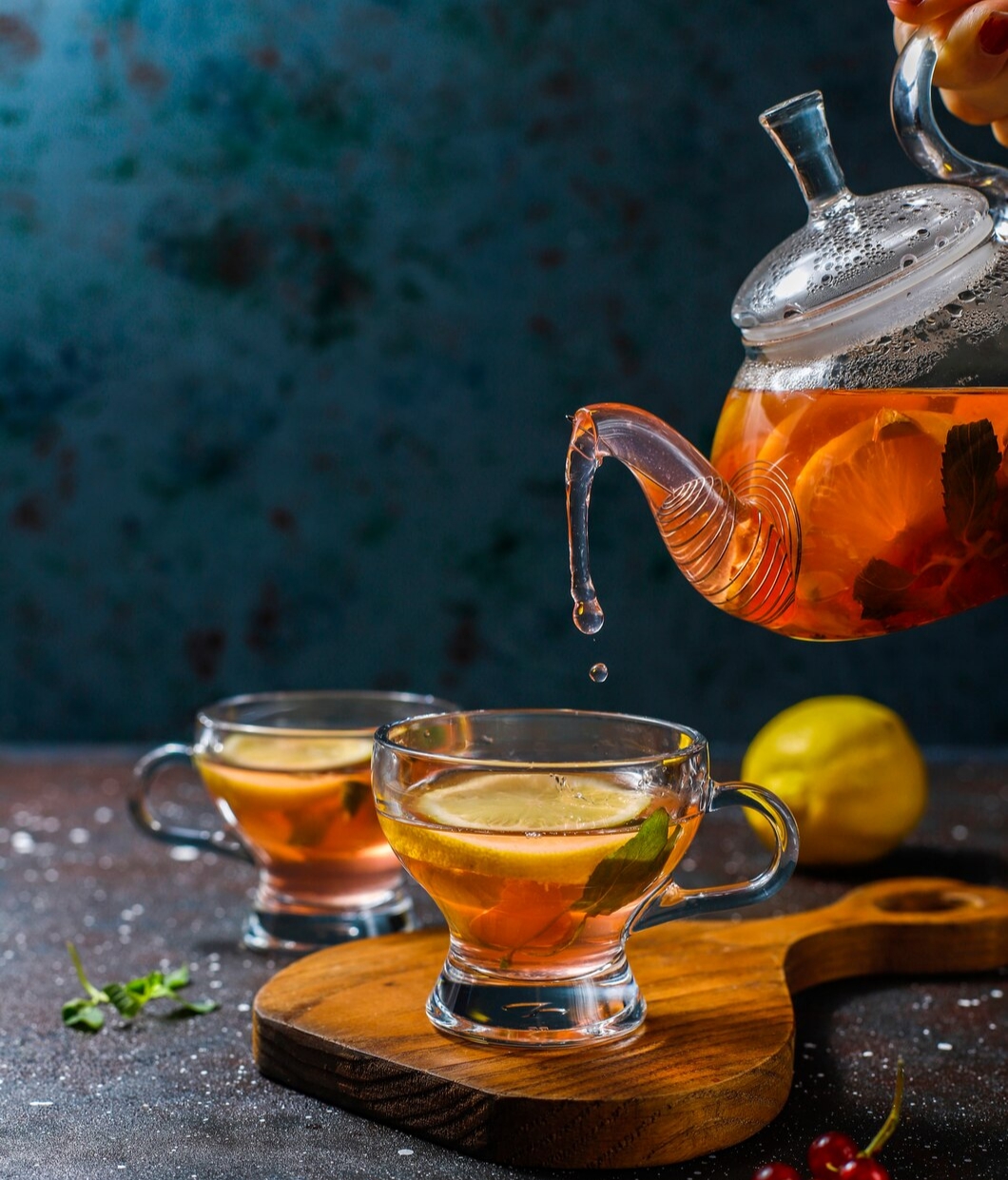Tea, one of the most consumed beverages globally, boasts a rich and fascinating history that spans thousands of years. From its origins in ancient China to its status as a cultural icon in various societies, tea has evolved in flavor, preparation, and significance. This article explores the journey of tea through the ages.
The Origins of Tea
The history of tea begins in ancient China, with legends attributing its discovery to Emperor Shen Nong around 2737 BCE. According to folklore, while boiling water, some leaves from a wild tea tree fell into his pot, resulting in the first cup of tea. By the Tang Dynasty (618-907 CE), tea had become a popular drink, enjoyed for its invigorating qualities and medicinal properties.
During the Tang Dynasty, tea was primarily prepared as a powdered form, mixed with hot water and sometimes salt. The custom of drinking tea spread throughout China, evolving in flavor and preparation methods. By the Song Dynasty (960-1279 CE), tea was pressed into cakes and brewed, leading to the development of the first teapots.
Tea’s Journey to Japan
Tea made its way to Japan in the early 9th century, likely brought by Buddhist monks who had traveled to China for religious studies. By the 12th century, the Japanese began to cultivate tea, leading to the development of the distinct tea culture that exists today. The Japanese tea ceremony, known as “chanoyu,” emerged, emphasizing harmony, respect, purity, and tranquility.
The Spread of Tea to the West
Tea reached Europe in the 16th century, primarily through Portuguese and Dutch traders. It quickly gained popularity, especially among the British aristocracy. By the 17th century, tea houses began to open in England, creating a social space for people to enjoy this exotic beverage. The British East India Company played a crucial role in the tea trade, making tea more accessible to the masses.
However, the British tea trade also led to significant historical events. In 1773, the Boston Tea Party, a protest against British taxation, marked a pivotal moment in American history. This act of defiance against British rule was fueled by the growing resentment of American colonists towards the British government and its policies.
The Rise of the British Afternoon Tea
In the 19th century, the practice of afternoon tea emerged in Britain, popularized by Anna, the Duchess of Bedford. She started inviting friends over for tea and light snacks to stave off hunger between meals. This social ritual eventually evolved into a formal event, featuring a variety of teas, finger sandwiches, scones, and pastries.
The Globalization of Tea
As the demand for tea grew, so did its cultivation outside China. The British established tea plantations in India, Sri Lanka (then Ceylon), and Africa, leading to a variety of tea types, including Assam, Darjeeling, and Earl Grey. Each region’s climate and soil contributed to distinct flavors and aromas, broadening tea’s appeal.
In China, the introduction of oolong, green, and black teas complemented the existing varieties. The emergence of specialty teas, such as matcha in Japan, reflected the growing appreciation for different tea cultures around the world.
Tea in Contemporary Society
Today, tea is a global beverage enjoyed in countless forms. From traditional ceremonies in Japan and China to the modern British tea experience, the beverage has adapted to various cultures. In recent years, the rise of specialty tea shops and artisanal blends has further diversified the market.
Health benefits associated with tea, such as antioxidants and relaxation properties, have also contributed to its popularity. As people seek natural remedies and wellness practices, tea has reclaimed its status as a vital part of a healthy lifestyle.
From its humble beginnings in ancient China to its worldwide popularity today, tea has played a significant role in shaping cultures and traditions. As we continue to explore new flavors and practices, the history of tea serves as a testament to its enduring appeal—a beloved beverage that transcends time and borders. Whether enjoyed in a quiet moment of reflection or shared among friends, tea remains a symbol of hospitality, culture, and connection.








